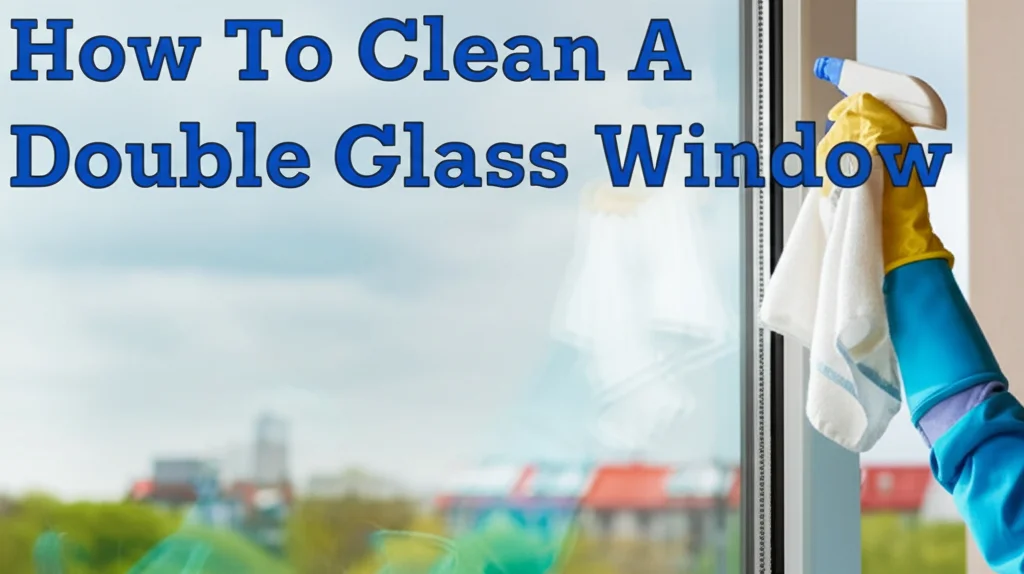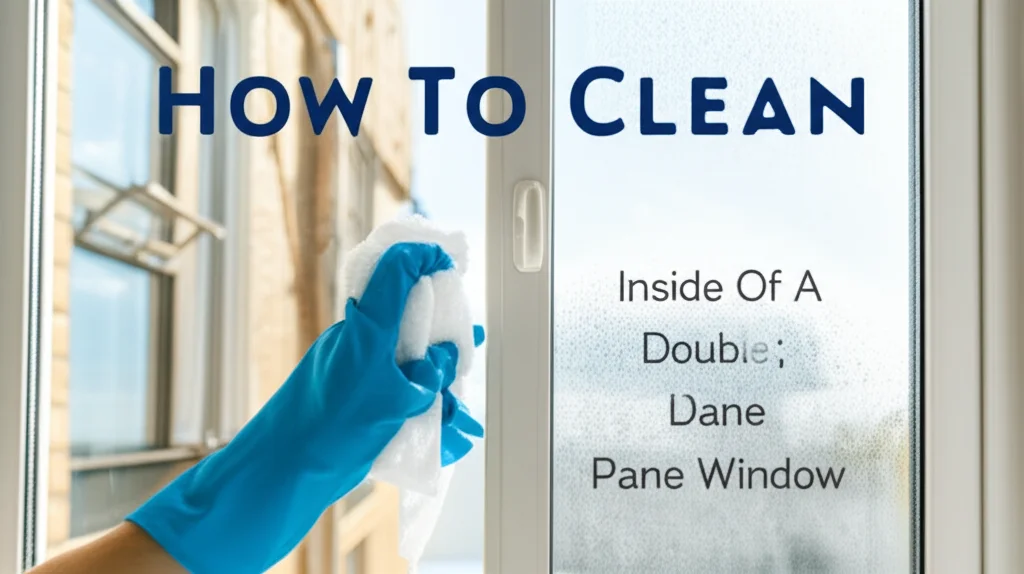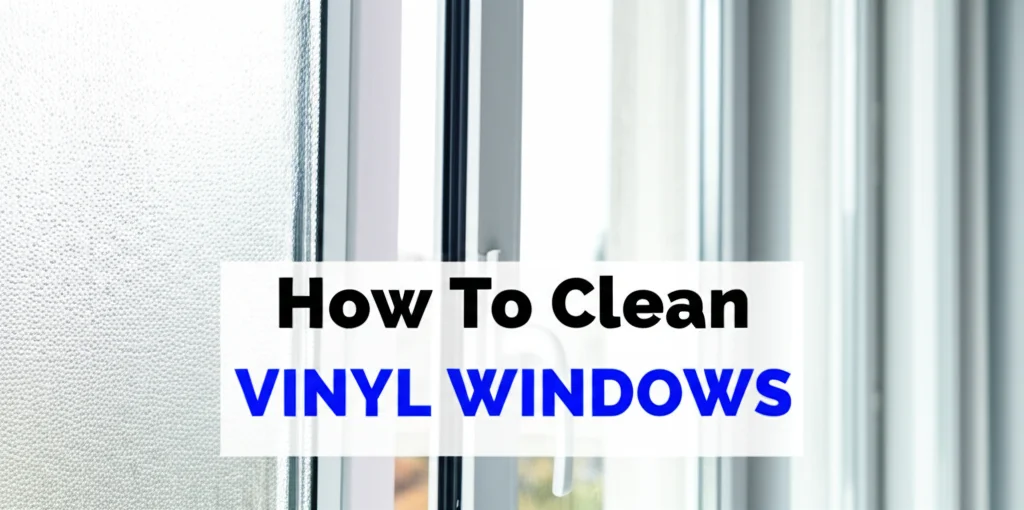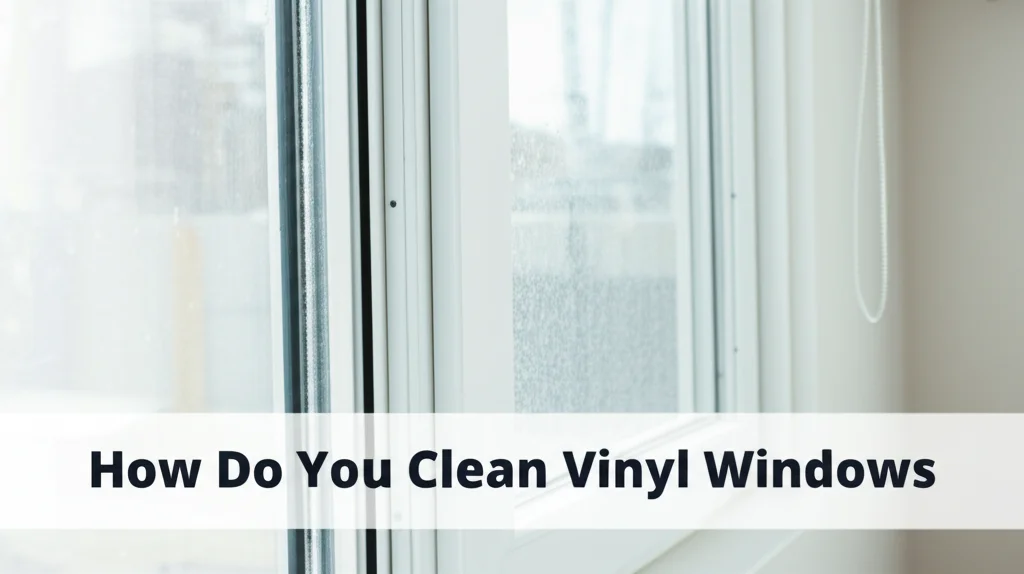· Home Cleaning · 8 min read
how to keep windows clean longer
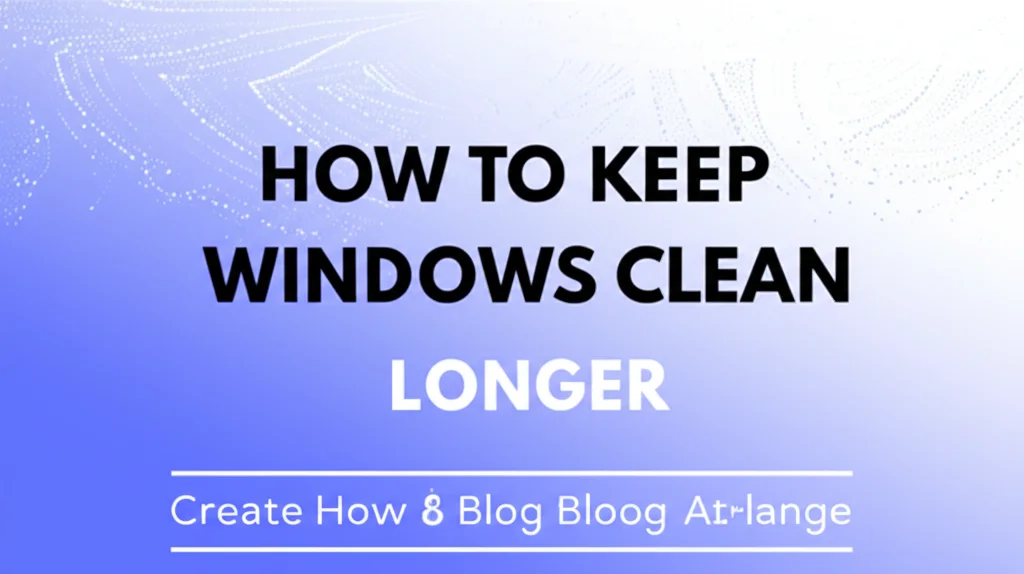
Sparkling Views: How to Keep Windows Clean Longer
Ever spend hours cleaning your windows, only to see streaks and grime reappear within days? It’s frustrating, right? Keeping windows clean longer isn’t about more cleaning; it’s about smarter cleaning and preventative measures. This article will show you how to maintain sparkling, streak-free windows with less effort. We’ll cover everything from the best cleaning solutions to protective coatings and habits that minimize dirt buildup. Let’s dive in and enjoy those clear views for longer!
The Quick Answer: To keep windows clean longer, regularly dust or vacuum them, wash with a solution of vinegar and water, apply a rain repellent, and protect surrounding areas from dirt and pollen.
Takeaway: Consistent, preventative care is key. Dust regularly, use the right cleaning solution, and consider protective coatings for long-lasting clean windows.
1. The Power of Regular Dusting & Vacuuming
Did you know that a simple dusting routine can significantly extend the time between full window washes? Dust and pollen accumulate on window surfaces, acting like sandpaper when you wipe them. This causes scratches and makes streaks more visible. Regularly removing this loose debris prevents it from becoming embedded in the glass.
You can use a microfiber cloth, a soft brush attachment on your vacuum, or even a specialized window dusting tool. Focus on window sills and frames too, as these areas collect a lot of dust. Make this a weekly habit, and you’ll notice a huge difference in how long your windows stay clean. Think of it as a quick maintenance task that saves you time and effort in the long run. If you’re looking for more ways to keep your home dust-free, consider how to clean your baseboards regularly.
2. Choosing the Right Window Cleaning Solution
Forget harsh chemicals! Many commercial window cleaners contain ammonia and other ingredients that can leave streaks and damage window seals. A simple, effective solution is a mixture of equal parts white vinegar and distilled water. Vinegar cuts through grime and leaves a streak-free shine.
Here’s a breakdown of why this works:
- Vinegar: Acts as a natural degreaser and dissolves mineral deposits.
- Distilled Water: Prevents water spots and streaks caused by minerals in tap water.
- Avoid Soap: Soap can leave a residue that attracts dirt.
For tougher grime, you can add a few drops of dish soap, but use it sparingly. Always test your cleaning solution in an inconspicuous area first. If you’re dealing with stubborn stains on other surfaces, you might find this guide on how to remove coffee stains from carpet helpful.
3. The Art of Streak-Free Washing
Washing windows properly is just as important as the cleaning solution you use. Here’s a step-by-step guide to achieving streak-free results:
- Choose the Right Time: Avoid washing windows in direct sunlight, as the solution will dry too quickly and leave streaks.
- Apply the Solution: Use a spray bottle to evenly coat the window with your vinegar and water solution.
- Wipe with a Microfiber Cloth: Use a clean, lint-free microfiber cloth to wipe the window in overlapping strokes.
- Dry with a Squeegee (Optional): A squeegee can help remove excess water and prevent streaks. Overlap each stroke slightly.
- Buff with a Dry Cloth: Finish by buffing the window with a clean, dry microfiber cloth to remove any remaining streaks.
Remember to wash your microfiber cloths frequently to prevent dirt buildup. A clean cloth is essential for a streak-free finish. Speaking of clean surfaces, have you considered how to clean your bathroom floor without a mop?
4. Rain Repellents: A Protective Shield
Rain repellents, like those used on car windshields, can work wonders on windows. These coatings create a hydrophobic barrier that causes water to bead up and roll off, taking dirt and grime with it. This significantly reduces the frequency of cleaning needed.
- Application: Apply the rain repellent according to the manufacturer’s instructions. Typically, you spray it onto a clean, dry window and buff it in with a microfiber cloth.
- Longevity: Rain repellent coatings typically last for several weeks or months, depending on the product and weather conditions.
- Reapplication: Reapply the coating as needed to maintain its effectiveness.
These repellents are a fantastic investment for windows exposed to frequent rain or sprinklers. They’re a simple way to keep your windows cleaner for longer with minimal effort.
5. Protecting Windows from Surrounding Dirt
The environment around your windows plays a big role in how quickly they get dirty. Here are a few ways to minimize dirt buildup:
- Trim Nearby Vegetation: Overhanging branches and bushes can deposit leaves, pollen, and bird droppings on your windows.
- Control Dust Sources: If you live near a construction site or dirt road, consider using window screens or closing windows during dusty periods.
- Clean Window Sills Regularly: Window sills accumulate dirt and debris that can easily transfer to the glass.
- Address Exterior Dirt: Regularly sweep or hose down the exterior areas around your windows to prevent dirt from being blown onto the glass.
Taking these preventative measures can significantly reduce the amount of dirt that accumulates on your windows. It’s all about creating a cleaner environment around your windows. If you’re looking for ways to tackle dirt in other areas of your home, you might find this guide on how to clean linoleum floors with ground-in dirt useful.
6. Window Screens: Friend or Foe?
Window screens are great for keeping bugs out, but they can also trap dirt and pollen, which then gets transferred to your windows. Regularly cleaning your window screens is crucial for maintaining clean windows.
- Vacuuming: Use a soft brush attachment on your vacuum to remove loose dirt and debris from the screens.
- Washing: Wash the screens with a mild soap and water solution.
- Rinsing: Rinse the screens thoroughly with clean water.
- Drying: Allow the screens to dry completely before reinstalling them.
Consider investing in high-quality screens that are easier to clean and less likely to trap dirt. Clean screens contribute to cleaner windows.
7. Addressing Hard Water Stains
Hard water stains are a common problem, especially in areas with hard water. These stains appear as white, chalky deposits on the glass. Vinegar is your friend here too!
- Vinegar Soak: Soak a cloth in white vinegar and apply it to the hard water stains.
- Let it Sit: Allow the vinegar to sit for 15-30 minutes to dissolve the mineral deposits.
- Scrub Gently: Gently scrub the stains with a non-abrasive sponge or cloth.
- Rinse and Dry: Rinse the window thoroughly with clean water and dry it with a microfiber cloth.
For stubborn stains, you may need to repeat the process or use a commercial hard water stain remover. Preventing hard water stains is easier than removing them, so consider using distilled water for cleaning. If you’re dealing with other types of stains, you might find this guide on how to get grease out of carpet helpful.
Frequently Asked Questions (FAQs)
Q: How often should I clean my windows? A: It depends on your location and environment. Generally, cleaning windows twice a year is sufficient, but you may need to clean them more often if you live in a dusty or polluted area. Regular dusting will help extend the time between washes.
Q: What’s the best way to clean windows on a cloudy day? A: Cloudy days are ideal for window cleaning because the diffused sunlight prevents the cleaning solution from drying too quickly. This gives you more time to wipe and buff the windows to a streak-free shine.
Q: Can I use newspaper to clean windows? A: Yes, newspaper can be used to clean windows, but it’s not the best option. While it doesn’t leave lint, the ink can sometimes transfer to the glass. Microfiber cloths are a much better choice.
Q: How do I remove bird droppings from windows? A: Soak the bird droppings with warm water and a mild soap solution. Let it sit for a few minutes to soften the droppings, then gently scrub them away with a soft cloth or sponge.
Q: Is it better to clean windows from the inside or outside? A: It’s best to clean windows from both the inside and outside for optimal results. The outside tends to get dirtier, but the inside can accumulate dust and fingerprints.
Conclusion: Enjoy the View!
Keeping windows clean longer is achievable with a combination of regular maintenance, the right cleaning solutions, and preventative measures. Remember to dust frequently, use a vinegar and water solution, consider a rain repellent, and protect your windows from surrounding dirt. By incorporating these simple habits into your cleaning routine, you can enjoy sparkling, streak-free windows for longer and spend less time cleaning. So go ahead, put down the spray bottle, and enjoy the view! Don’t forget to explore other cleaning tips on our site, like how to clean a carpet with a wet-dry vac, to keep your entire home sparkling.

